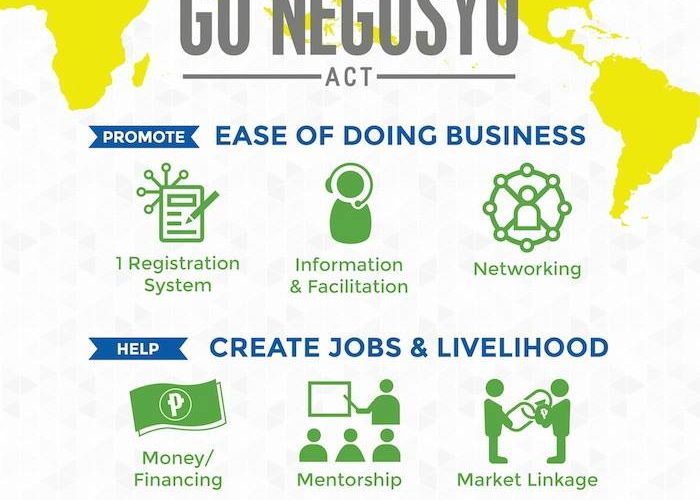NEGOSYO, NOW NA!: I-push na ang pangarap na negosyo!
Bahagi na ng nakasanayan nating mga Pilipino ang maglatag ng New Year’s Resolution tuwing magpapalit ang taon.
Sabi nga, bagong taon, bagong simula.
Mula sa pagtanggal ng bisyo at pagdidiyeta, iba-iba ang maririnig mong mga pangakong gagawin sa bagong taon.
Ngunit madalas, napapako lang ang mga pangakong pagbabago. Hindi bale, mayroon pa namang susunod na taon, ang katwiran ng marami.
Mga Kanegosyo, isa sa mga magandang resolusyon para sa bagong taon ay ang pagtupad sa pangarap na bagong negosyo.
Marahil ito’y mabigat sa unang tingin pero mas magandang simulan na ang pangarap ngayon. Ayon nga sa kanta, “kung hindi ngayon, kailan pa?”
Lahat ng malaking negosyo sa bansa ay nagsimula sa maliit. Ngunit kung hindi ito sisimulan, mananatili na lang itong pangarap.
Ang pagnenegosyo ay parang sugal. Kailangan mong sumugal ng panahon, pawis at higit sa lahat puhunan upang makapagsimula.
***
Isang magandang halimbawa rito ay si Jennylyn Antonio, may-ari ng EHJE’s Peanut Butter.
Dati, siya ang nagsu-supply ng produkto para sa carinderia ng kanyang pamilya.
Ngunit dumating sa punto na hindi siya binabayaran ng mga kamag-anak, maging ng sarili niyang ina, kaya nag-isip na lang siya ng ibang kabuhayan.
Isang araw, habang nag-iikot sa palengke ay nakakita siya ng mani. Doon niya naisip na gumawa ng sariling peanut butter.
Sa una, isang kilong mani lang ang binili ni Jennylyn para gumawa ng home-made peanut butter, na nagustuhan naman ng kanyang pinagbentahan.
Nang dumami na ang order, nangutang si Jennylyn sa isang microfinance institution upang mapalaki ang negosyo. Ngayon, ang EHJE’s Peanut Butter ay isa na sa mga kilalang produkto sa bansa.
Kung hindi tayo susubok, walang mangyayari sa ating pangarap. Malay ninyo, ang susunod palang pinakamalaking negosyo sa bansa ay magmumula sa inyong bakuran.
Kaya i-push na iyang pangarap na negosyo!
First Published on Abante Online


Recent Comments